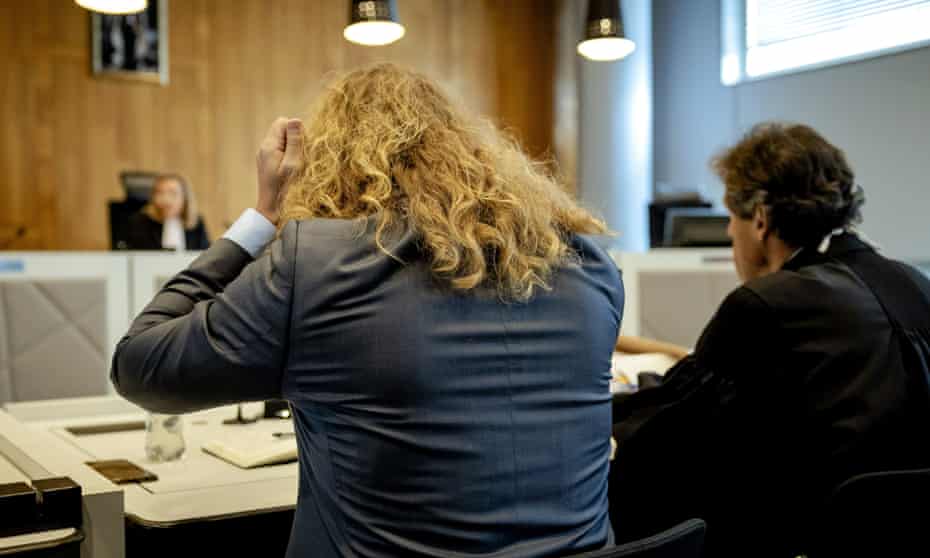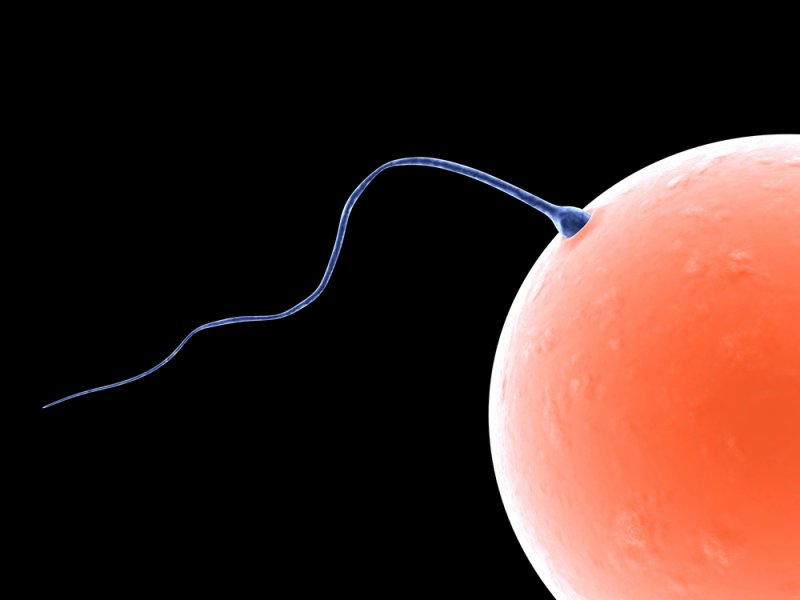Sperm Donor Who Fathered 550 Children Ordered To STOP

Dutch judges have ordered a man suspected of fathering more than 550 children through sperm donations to stop donating, in the latest fertility scandal to shock the Netherlands.
The man, identified in Dutch media only as Jonathan M, 41, was taken to court by a foundation protecting the rights of donor children and by the mother of one of the children allegedly fathered from his sperm.
Dutch clinical guidelines say a donor should not father more than 25 children in 12 families, but judges said the man had helped produce between 550 and 600 children since he started donating sperm in 2007.
The court therefore “prohibits the defendant from donating his semen to new prospective parents after the issuing of this judgment”, judge Thera Hesselink said on Friday.
Jonathan M may also not contact any prospective parents “with the wish that he was willing to donate semen … advertise his services to prospective parents or join any organisation that establishes contact between prospective parents”, Hesselink said in a written judgment.
Should he continue with his donations, he would face a €100,000 (£88,000) fine for each transgression, as well as additional fines, the judge ordered.

The mother of one of the children in the court case, identified only as “Eva”, said she was grateful that the court had stopped the man from “mass donations that [have] spread like wildfire to other countries”.
“I’m asking the donor to respect our interests and to accept the verdict, because our children deserve to be left alone,” she said in a statement.
More than 100 of Jonathan M’s children were born in Dutch clinics and others privately, but he also donated to a Danish clinic – named as Cryos in court papers – which then dispatched his semen to private addresses in various countries.
“The donor deliberately misinformed prospective parents about the number of children he had already fathered in the past,” the district court in The Hague said.
“All these parents are now confronted with the fact that the children in their family are part of a huge kinship network, with hundreds of half-siblings, which they did not choose,” it said.
The court considered it “sufficiently plausible” that this has or could have negative psychosocial consequences for the children.
This included psychological problems around identity and fears of incest.

Comments
Post a Comment